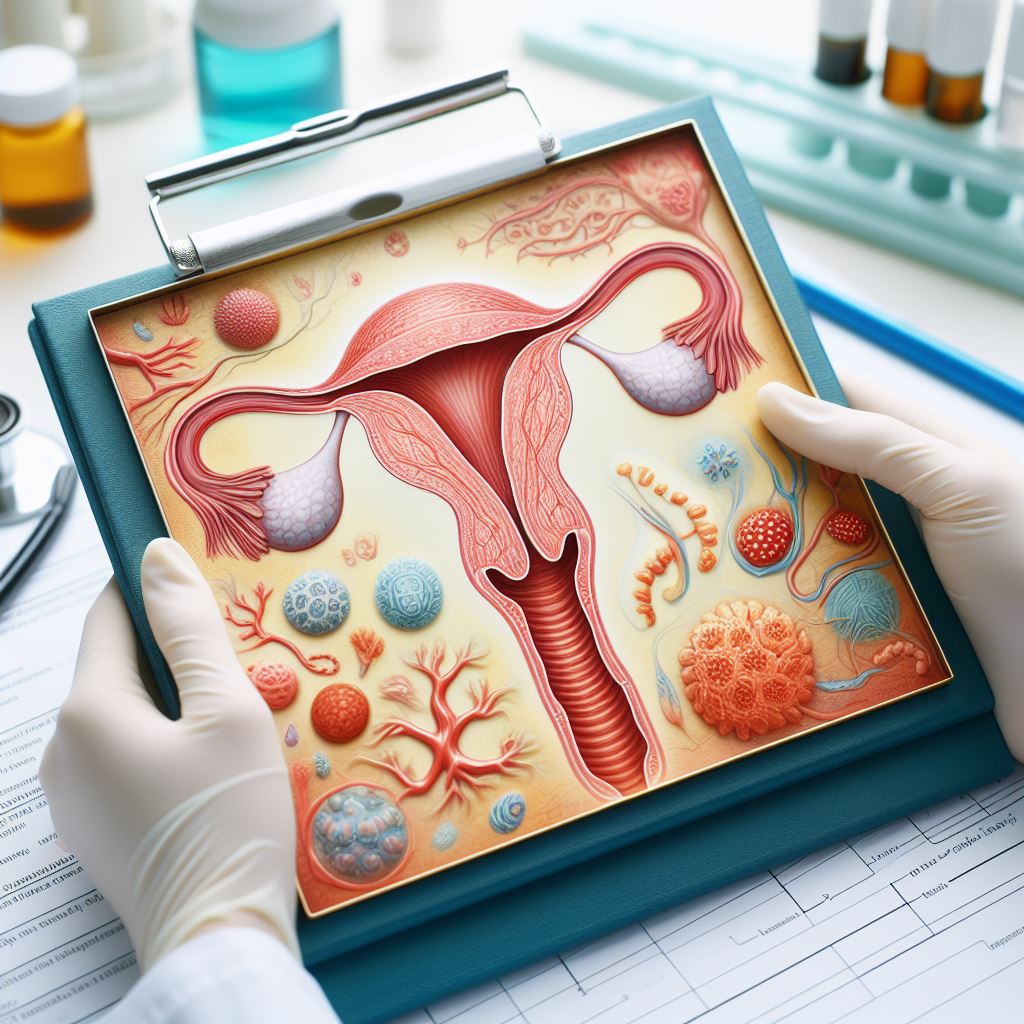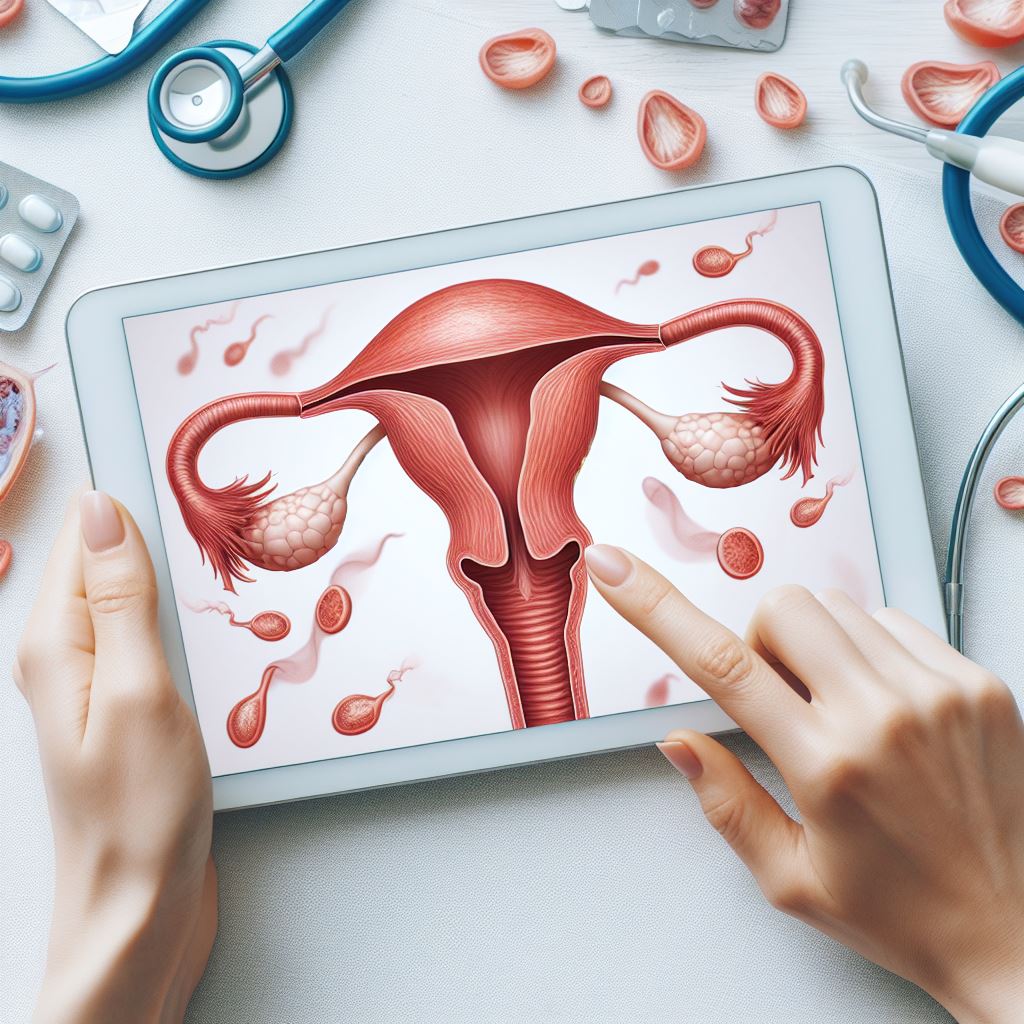Introduction:
Autoimmune disorders, where the immune system mistakenly attacks the body’s own cells, can have a profound impact on fertility. These disorders can affect various aspects of reproductive health, making the journey to parenthood more challenging for many individuals and couples. This article seeks to explore the intricate relationship between autoimmune disorders and fertility challenges, providing evidence-based insights and practical tips. From understanding the mechanisms to exploring treatment options, our goal is to offer valuable information and support to those navigating these complex issues.
Understanding Autoimmune Disorders and Reproductive Health
Autoimmune disorders, such as lupus, rheumatoid arthritis, and thyroid diseases, can interfere with various reproductive functions. They may impact hormonal balance, ovarian reserve, and even the implantation of embryos in the uterus. For example, conditions like Hashimoto’s thyroiditis can lead to hormonal imbalances that affect ovulation. It’s crucial to understand these disorders’ multifaceted effects on fertility to approach treatment and management effectively.
Diagnosis and Impact on Fertility
Diagnosing autoimmune-related fertility issues involves a comprehensive approach. Healthcare providers may conduct a range of tests, including hormonal assessments, autoimmune antibody tests, and evaluations of ovarian reserve. Women with autoimmune disorders may experience irregular menstrual cycles, reduced egg quality, and increased risk of miscarriage. For men, these conditions can affect sperm quality and count. Understanding these impacts is vital for developing a personalized fertility plan.
Treatment Strategies and Managing Fertility
Treating fertility issues in the context of autoimmune disorders requires a multidisciplinary approach. This may include managing the autoimmune condition with medication, alongside fertility treatments. In some cases, assisted reproductive technologies like in vitro fertilization (IVF) may be recommended. It’s also essential to address lifestyle factors, such as diet and stress, which can influence both autoimmune symptoms and fertility.
The Role of Holistic and Supportive Therapies
In addition to medical treatments, holistic approaches can play a significant role in managing autoimmune disorders and enhancing fertility. Practices like yoga and mindfulness can help manage stress, which is particularly important as stress can exacerbate autoimmune symptoms and impact reproductive health. Nutritional strategies and supplements might also be beneficial, although they should always be discussed with a healthcare provider.
Conclusion:
Dealing with fertility challenges in the context of autoimmune disorders can be a complex and emotional journey. However, understanding the connection between these conditions and fertility is the first step towards effective management and treatment. If you are navigating this path, know that you are not alone. Eileen, a fertility coach and yoga teacher, is here to offer guidance and support, helping you explore your options and find a tailored approach to your fertility journey.






